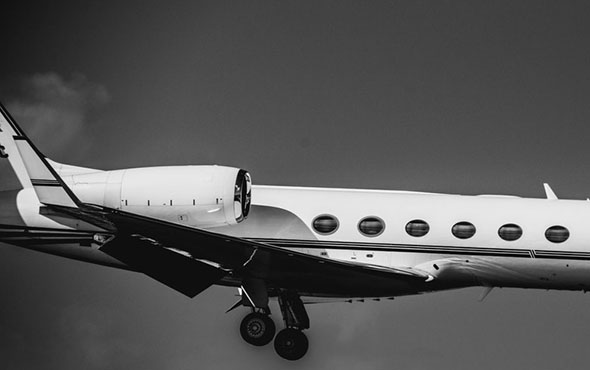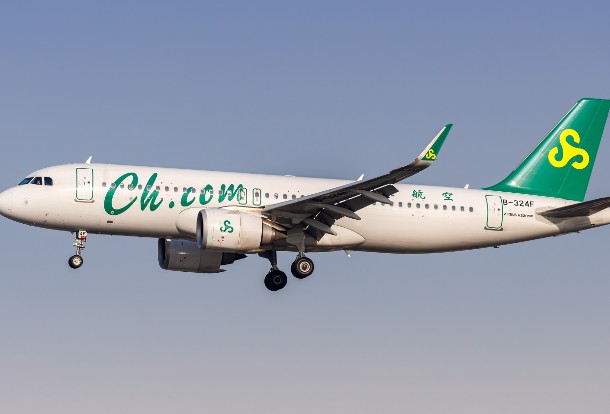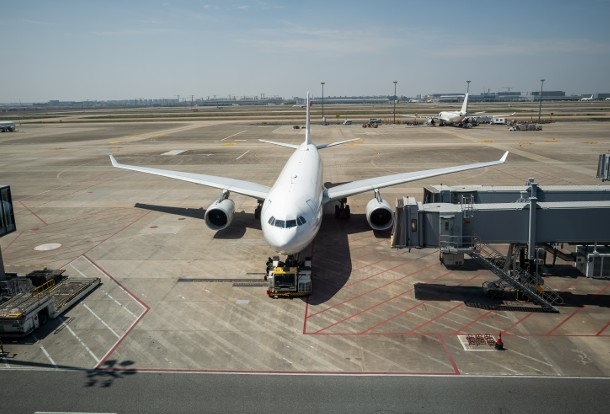ChinaTravelNews, Ritesh Gupta - Is digital transformation too big a conundrum for airlines to solve at this juncture? Or is it the case of the same not falling on the priority list of the senior management?
Of course, the case for change can’t be doubted. Enterprises acknowledge the need to work out a connected organizational intelligence built around passengers.

As for managing change, one cannot ignore unique aspects of running an airline:
* The consumption pattern and the fulfillment part of taking travelers from one destination to another is unique (the delay in a packet from Amazon is completely different from a scenario where there is a delay in a flight departure from some unforeseen reason!).
* The IT set up, systems and processes, especially in case of airlines, have proven to be a tough proposition to deal with.
* According to Timothy O'Neil-Dunne, Head of Product & Founder at Air Black Box Company, some of the airline-specific problems are: technology, being process/ operations-focused, being too “siloed” etc. Plus, “customer insight is a scarce thing in an airline and collectively, airlines do not cooperate,” he says.
* Also, there is a case of carriers being heavily criticized, as witnessed in the case of infamous United Airlines’ passenger-dragging incident this year. But, as O'Neil-Dunne explained to me recently (during the TravelDaily China’s 2017 Airline Distribution Conference in Shanghai), rather than solely blaming United, passengers should also introspect into what actually the rights are of a consumer when they book, how the rules differ in countries/ regions, who has the right to legally authorise the removal of the passenger etc. Yes, airlines can come up with a clear differentiation for how things work in the codeshare world, crisis management, standardization of policies for removing people from the aircraft etc. But was United legally responsible for all that happened with David Dao? Questionable, as O'Neil-Dunne pointed out.
Yes, this business is complicated!
“Digital transformation is here. People have gone digital,” says O'Neil-Dunne, underlying the role of the likes of Alibaba in China or Amazon elsewhere in driving the same.
What airlines, collectively as an industry, have considered to be their main mission, probes O'Neil-Dunne. “Number 1 has always been safety. Followed by operational efficiency. The consumer comes way down after pilots, fuel, government regulations…the consumer doesn’t even appear in the list till 6th or 7th position in this hierarchy list. Nobody has really made the consumer the real focus of an airline because of the prevalent operational set of issues. So would you prefer marketing or a safe aircraft?”So then, is it time for airlines to separate digital commerce from operations? O'Neil-Dunne answered this and other questions in this video:
* How can passengers take their digital personas once they are onboard (or in the aircraft)?
* Why airlines in China are relatively better placed to embrace digital transformation?
* How China’s commercial system isn’t really shacked by their political set up?




